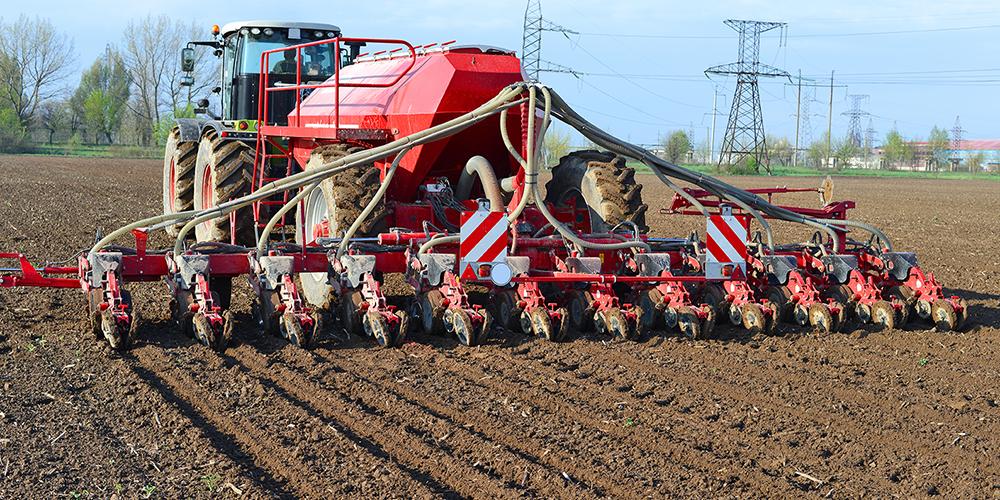Africa-Press – Seychelles. • Conducted fact-finding mission to Israel to learn new farming techniques
The Islands Development Company (IDC) said it is forging ahead with its plan to develop the agricultural sector on outer islands and mass-produce vegetables for local consumption.
The deputy chief executive of the IDC, Christian Lionnet, made the statement at a press conference earlier this week at the company’s headquarters when detailing the company’s plan to develop the sector.
Mr Lionnet said he was recently on a fact-finding mission to Israel, along with two other officers, to see how the country’s agriculture had developed over the years. He explained that IDC was seeking Israel’s assistance as their climate was similar to that of Seychelles, albeit warmer and drier.
He added that Israel had established itself as one of the biggest agricultural producers in the world, despite having limited land space and poor soil, and had adopted innovative ways to do farming.
“Israel’s soil in considered to have high salinity like ours but they have been able to adapt and come up with new technology to do farming. They have developed an intensive way of farming using greenhouse method so like for example when it is cold in Europe, they can still produce crops and export to European countries,” said Mr Lionnet.
During their one-week stay, the IDC team held talks with three major companies offering consultancy services as well as suppliers in the agricultural sector. This included Netafim, a company that supplies irrigation equipment such as drippers.
“It is one of the biggest irrigation companies in the world and we wanted to see what they can offer us so that we can do mass production as well,” said Mr Lionnet.
IDC has reiterated that its plan to develop the agricultural project was not to compete with local farmers but against importation which was too costly for the country.
“The country depends heavily on imported vegetables and it was paramount that Seychelles cut down on importation,” he said. The priority list for vegetables that could be produced locally are onions, capsicum and tomatoes.
“We need to be able to produce vegetables throughout the year so that our clients such as hotels and the public in general can guarantee supply. Today we cannot guarantee local supply because we can produce only during the south-east monsoon when the weather is favourable for farming. However, there’s no production during the other six months in north-west monsoon,” said Mr Lionnet.
Following the visit, the IDC delegation will now present its report to its board and management, to choose which Israeli company has the best technology, adaptive to Seychelles.
Deputy CEO Lionnet said the delegation is expected in December and they will visit two islands, namely Desroches and Coetivy, where they will see the terrain, do soil sampling and test the water.
IDC had already been conducting research on Desroches for the past three years to identity the type of vegetables that will better adapt to the soil there.
For Coetivy, the company is concerned with its water availability as it relies on an underground aquifer for its water supply.
“They will carry out assessments to see which technology will be more adaptable to our terrain, share their expertise and technique that will allow us to mass produce throughout the year,” he added.
IDC also plans to produce 100 tonnes of chicken, which it says will go alongside the farming project, as it will supply manure to sustain its farms.
According to Mr Lionnet the company is finalising its financial assessment and will soon make a formal request to the African Development Bank to seek finance for the project, which will be carried out on Coetivy.
Meanwhile with regard to prawn farming, Mr Lionnet said the project is well underway. IDC has already prepared ten ponds needed for local production and it plans to produce 200 tonnes of prawns for local consumption.
He said that all the equipment needed to run the ponds, such as pumps, will arrive in the country by mid-October and by the end of the year the first batch of prawns will be introduced into the ponds.
“From there it will take 120 days for their full growth and we expect to be having the first batch for consumption by March or April next year,” concluded Mr Lionnet.
For More News And Analysis About Seychelles Follow Africa-Press






